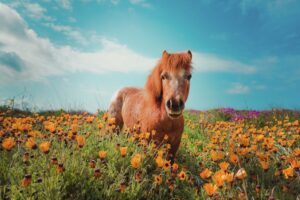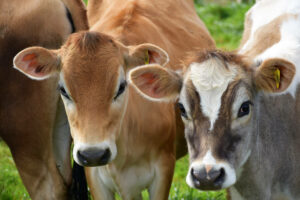A catchment management group is hoping a public meeting, to be held at Mangatangi Hall on May 29, will mark the beginning of a shared repository of knowledge for its farmers.
The Mangatangi and Maramarua Catchment group, formed in 2021, is based in a 200-square kilometre sub-catchment to the south of the Hunua Ranges. The catchment feeds into the Whangamarino Wetlands and Waikato River.
“We originally set up [the group] to try and not be overwhelmed by all the regulations that were coming farmers’ way,” chairman Will Murphy said.
“By understanding all of the issues, it just means we’re more able to tackle it, not be overwhelmed by it.”
The group has spent the last year collecting data from 12 locations in the catchment, with the help of a three-year funding grant from the Ministry for Primary Industries.
Data collected at the sites looked at five indicators of freshwater health: habitat; flow; wildlife; energy and nutrient dynamics; and water quality. Measurements were taken quarterly, and included water clarity; levels of phosphorus, nitrogen and e-coli; and water temperature. Eight of the sites were also screened for eDNA, picking up tiny fragments of DNA in the water to provide information on flora and fauna at the sample site.
The data will be shared and analysed at the meeting, with the aid of ecologist Merrin Whately. Landowners, farmers and residents are welcome to attend the free event, which will also include a discussion workshop.

Will said the group’s 18 members were excited to share their findings with the public.
“It takes time to build up data to form a pattern – at this stage, it’s just a benchmark which we can then compare against,” he said.
“It’s basically sharing the knowledge. No one talked about water quality five years ago: now they understand it.”
Will said the data had revealed some interesting things, including the discovery of giant kokopu, a native fish, in the area.
“And we’ve done a big pest survey recently. We’ve obviously got a big possum, rat, and cat problem, which we’ll be addressing. But again, you don’t know unless you go out and survey it.
“If we can improve the number of native species across the catchment, then we’re winning.”
DETAILS: Our water – analysis and discussion. May 29, 10.30am at Mangatangi Hall. Contact mmcatchment@gmail.com for more information.




